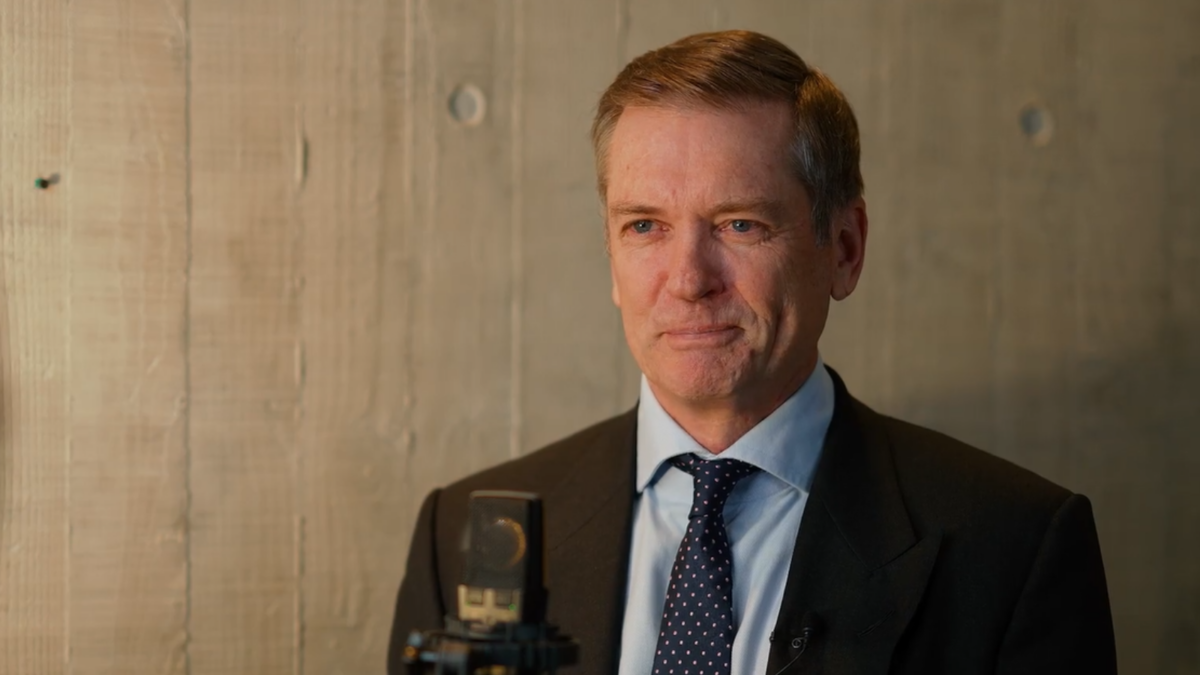Did Russia expose ESG?
“I believe that ESG is, at its core, a feel-good scam that is enriching consultants, measurement services and fund managers, while doing closer to nothing for the businesses and investors it claims to help.”
All over the world, jaws are dropping at that statement, which could hardly be more incendiary for many people in the investment industry; ESG is sacred, and you may as well question gravity. But its source will also surprise many: it’s a quote from Aswath Damodaran, Professor of Finance at the Stern School of Business at New York University (NYU), in his blog, Musings on Markets.
Damodaran is a highly respected academic in the financial services sector, and his blog is widely read in the industry, globally.
Damodaran makes it clear from the outset in his latest post, titled “ESG’s Russia Test,” that he is and remains highly sceptical of the concept of ESG, but more importantly, its proliferation and seemingly broad-based acceptance across the world. The latest reason comes down to the ways that Russia has impacted the way we invest, but also the way we look at individual companies and countries.
Commenting on the rationalisations and excuses that meant a much larger than expected number of so-called ESG-centric fund managers were invested in Russia, he believes a “moment of reckoning is arriving for the concept.” Part of the reason behind his views is the burgeoning flood of evangelist-like commentary that ESG screens or integration will somehow fix all of the world’s problems.
He separates ESG “defenders” into three cohorts: revisionists, expansionists, and utopians.
The Revisionists group believe that the application of ESG principles, as in measures of governance, environmental impacts and social implications, could have stopped every perceivable crisis or major economic event that has occurred in recent years. That is, no banking crises, scandals or meltdowns, and generally less exposure to these events by ESG-integrators.
Yet Damodaran highlights a number of examples of why this hasn’t been the case. The first is that many ESG measurement services clearly missed the “Russia effect.” In fact, some of Russia’s largest companies, including Sberbank (MCX:SBER), were in the top quartile of their industry groups as assessed by Sustainalytics. It was a rare emerging markets manager that did not extol the attractive fundamentals of Sberbank.
Similarly, he highlights the fact that following the so-called “ESG rulebook” since the invasion would have seen most true managers following a “losing strategy,” missing out on the boom in commodities and energy prices.
In response to the invasion, an endless number of companies and investment managers have publicly announced their exit from the region along with the write-down of swathes of assets, with some saying this proves that ESG is becoming more mainstream. But Damodaran suggests the majority is self-interest rather than some thoughts of the greater good.
A case in point remains the relative small presence that most companies have in Russia, which represents less than 2 per cent of the global economy, with few managers or businesses having to give up anything significant. Similarly, he explains that “exiting Russia makes economic sense” due to the heightened risk of nationalisation and similar policies, but that many are using ESG to “cloak it in morality.”
Among the most powerful questions this raises is, “would you be willing to give up all things ‘China’ as quickly as we gave up Russian vodka?”
The Expansionists may be among the most dangerous, with some in this cohort suggesting the solution to ensure Russia-type events are avoided in the future is to “expand the definition and measurement of ESG.” While a noble concept, in order to do this, one must take on the “unenviable tasks of assessing political freedom.” The ultimate result, if the definition of ESG continued to be expanded, would be “measurement bloat” in that if ESG attempts to measure everything, it risks measuring nothing.
The final cohort are the Utopians, who believe that issues come only when ESG is misappropriated, mis-measured and misused. In this, he explains that ESG mismeasurement is something we simply need to get used to, with even ESG measurement companies admitting it is flawed. “How on earth can we all agree on what is ‘good’ or ‘bad’ as a race, when we can’t agree on more simple matters like politics?” he asks.
As the paper concludes, Damodaran flags the fact that greenwashing is a feature of ESG, not a bug, and simply part of a system that relies on imperfect scores and rankings.
There is little doubt that parts of Damodaran’s analysis make sense, particularly in an environment where nearly every professional investor around the world has an ESG policy in place. However, to suggest that ESG has little to no role to play ignores the fact that growing numbers of investors now wish to understand where their capital is invested, and also choose which types of businesses they support.
By no means would I agree that ESG is broken, per se, but rather that it is, as much as ever, a personal pursuit. The proliferation of strategies has clearly muddied the waters of investing, and now more than ever what investors and advisers should be demanding is complete transparency and true-to-label products. That is, to understand before one makes an investment, what that company will and won’t hold and how they will make those decisions.
I would be interested in hearing readers’ comments on this very subject.











